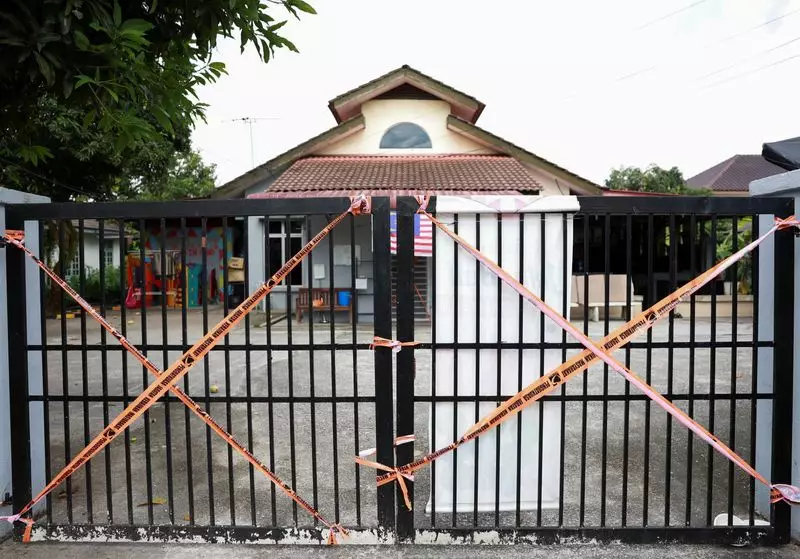Global Ikhwan Services and Business Holdings (GISB) proudly presents itself as a significant Malaysian conglomerate dedicated to promoting Islamic values in accordance with the teachings of the Prophet Muhammad. The firm positions itself as a beneficial organization within the community, operating various business ventures perceived through a religious lens. However, recent events have unveiled a disturbing narrative, leading to police investigations surrounding allegations of sexual abuse within charity homes allegedly connected to GISB. These revelations not only place a spotlight on the organization’s current practices but also resurrect discussion about its controversial historical affiliations.
The Al-Arqam Connection
Central to the controversy surrounding GISB is its acknowledged historical connection to Al-Arqam, a movement banned by the Malaysian government in 1994 due to its unorthodox teachings. This religious sect, founded by Ashaari Muhammad in 1968, initially focused on addressing religious issues but eventually attracted scrutiny for its deviant beliefs, which included claims of supernatural powers by its leader. Despite GISB’s attempts to distance itself from Al-Arqam and its practices, the ramifications of this connection loom large, particularly in light of current accusations.
The background of Ashaari Muhammad is crucial to understanding the group’s controversial legacy. Notably, he maintained an unorthodox lifestyle, having multiple wives and a large number of children, which positions the sect’s ideology outside mainstream Islamic teachings. This, alongside the sect’s officially recognized deviance, contributes to a collective mistrust of organizations connected to it, such as GISB.
Recent Allegations and Investigations
The allegations that surfaced following police raids in different Malaysian states have caused widespread concern. Hundreds of young individuals were rescued from charity homes reportedly managed by GISB. Many of these children exhibited signs of abuse, neglect, and emotional trauma, with several cases indicating instances of sodomy. These troubling findings came after appeals from Islamic leaders urging governmental investigation into GISB’s operations, linking them to potential exploitation and abuse.
Compounding the situation is the organization’s denial of involvement in running the homes or any wrongdoings. However, contradictorily, GISB’s chief executive acknowledged in a video message that some form of legal transgression had occurred, admitting to isolated instances of sodomy. This admission raises questions regarding internal accountability and the stewardship of children entrusted to their care.
The troubling incidents provoke debate regarding accountability within religious organizations. They highlight the necessity of scrutinizing religious institutions claiming to uphold moral superiority while potentially engaging in illicit behavior. The rescue of these youths underscores the criticality of protective measures and oversight for vulnerable populations within charity structures, especially those intertwined with controversial religious affiliations.
Furthermore, the response of Malaysian authorities, particularly the Islamic Development Department (Jakim), aims to dissect the sphere of influence GISB holds in the realm of religious education. Reports have surfaced indicating former members of GISB and Al-Arqam have voiced grievances dating back years, emphasizing a pattern of exploitation and indoctrination that potentially has far-reaching effects beyond immediate allegations.
These events compel not only the Malaysian government to reassess its approach to regulating religious movements but also raise broader questions about safeguarding against abuses hidden behind the guise of legitimacy. It advocates for stringent oversight mechanisms to ensure organizations adhere not only to legal but also ethical standards.
The complexities surrounding GISB reveal a critical junction for Malaysian society, characterized by the confluence of religion, charity, and law. The mandate moving forward must involve community vigilance, transparent investigations, and protective frameworks to secure the welfare of minors and marginalized individuals, ensuring that the societal fabric remains robust against such problematic affiliations.
As this investigation evolves, the implications for GISB and the former Al-Arqam followers remain precarious. The situation serves as a reminder of the historical shadows that can loom over organizations, especially those claiming noble intentions while allegedly engaging in morally reprehensible activities.

